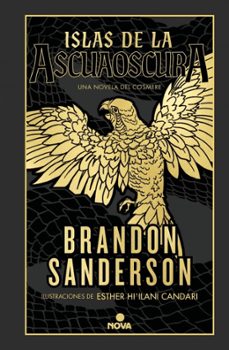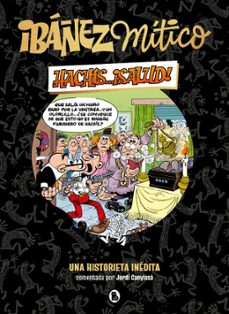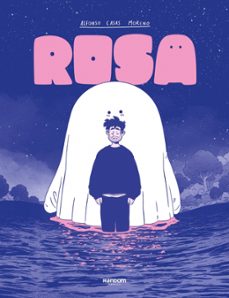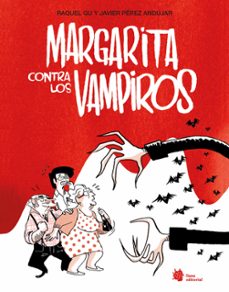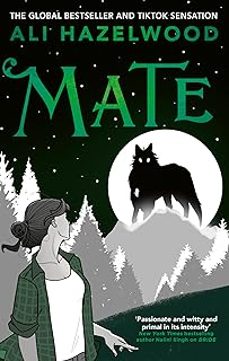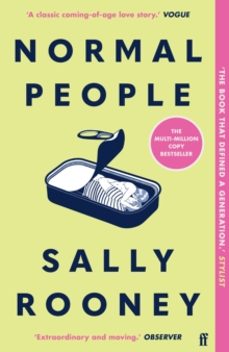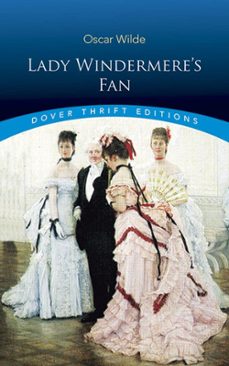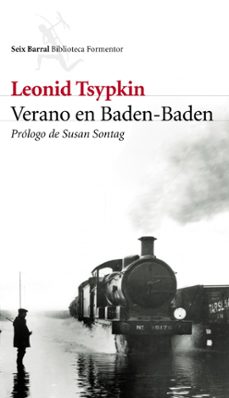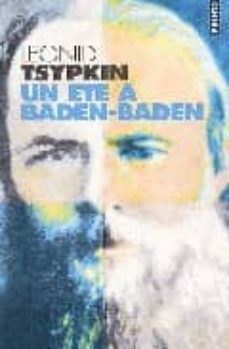Imprescindibles
Ficción
No Ficción
Ciencias y tecnología Biología Ciencias Ciencias naturales Divulgación científica Informática Ingeniería Matemáticas Medicina Salud y dietas Filología Biblioteconomía Estudios filológicos Estudios lingüísticos Estudios literarios Historia y crítica de la Literatura
Humanidades Autoayuda y espiritualidad Ciencias humanas Derecho Economía y Empresa Psicología y Pedagogía Filosofía Sociología Historia Arqueología Biografías Historia de España Historia Universal Historia por países
Infantil
Juvenil
#Jóvenes lectores Narrativa juvenil Clásicos adaptados Libros Wattpad Libros Booktok Libros de influencers Libros de Youtubers Libros Spicy Juveniles Libros LGTBIQ+ Temas sociales Libros ciencia ficción Libros de acción y aventura Cómic y manga juvenil Cómic juvenil Manga Shonen Manga Shojo Autores destacados Jennifer L. Armentrout Eloy Moreno Nerea Llanes Hannah Nicole Maehrer
Libros de fantasía Cozy Fantasy Dark academia Hadas y Fae Romantasy Royal Fantasy Urban Fantasy Vampiros y hombres lobo Otros Misterio y terror Cozy mistery Policiaca Spooky Terror Thriller y suspense Otros
Libros románticos y de amor Dark Romance Clean Romance Cowboy Romance Mafia y amor Romance dramatico Romcom libros Sport Romance Otros Clichés Enemies to Lovers Friends to Lovers Hermanastros Slow Burn Fake Dating Triángulo amoroso
Cómic y manga
Novela gráfica Novela gráfica americana Novela gráfica europea Novela gráfica de otros países Personajes, series y sagas Series y sagas Star Wars Superhéroes Cómics DC Cómics Marvel Cómics otros superhéroes Cómics Valiant
eBooks
Literatura Contemporánea Narrativa fantástica Novela de ciencia ficción Novela de terror Novela histórica Novela negra Novela romántica y erótica Juvenil Más de 13 años Más de 15 años Infantil eBooks infantiles
Humanidades Autoayuda y espiritualidad Ciencias humanas Economía y Empresa Psicología y Pedagogía Filosofía Historia Historia de España Historia Universal Arte Cine Música Historia del arte
Ciencia y tecnología Ciencias naturales Divulgación científica Medicina Salud y dietas Filología Estudios lingüísticos Estudios literarios Historia y crítica de la Literatura Estilo de vida Cocina Guías de viaje Ocio y deportes
Leonid Tsypkin
Leonid Tsypkin nació en Minsk en 1926 de padres judíos rusos, ambos médicos. Estudió medicina y en 1957 se le permitió instalarse en Moscú junto a su mujer y su hijo. Publicó numerosos artículos en revistas científicas, pero su escasa producción literaria—poemas, relatos y dos novelas autobiográficas—fue escrita sin la perspectiva de ser publicada. Verano en Baden-Baden es la culminación de su apasionada y secreta vocación literaria. El manuscrito de esta novela fue sacado clandestinamente de la Unión Soviética en 1981 y publicado en 1982 por entregas en un semanario ruso de Nueva York. Cuando su hijo emigró a los Estados Unidos en 1977, el régimen castigó severamente a Leonid, y le denegó dos veces el permiso de salida de la Unión Soviética. Murió de un ataque al corazón en Moscú en 1982 sin saber que su obra vería por fin la luz. Verano en Baden-Baden está publicado en catorce idiomas por las editoriales más prestigiosas.
Recibe novedades de LEONID TSYPKIN directamente en tu email
Filtros
Del 1 al 5 de 5
DK 9780241143094
Published 20 years after the death of its author, SUMMER IN BADEN-BADEN begins in the form of a memoir: the narrator is traveling by train to the famed Black Forest spa, and en route he is reading the account by Dostoevsky's wife, Anna, of their years together. Simultaneously, it tells the story of the writer's marriage, and of the months in 1867 he and Anna, who was pregnant, spent in Baden-Baden, where Dostoevsky wrote, gambled, drank, and agonized over the direction his work was taking. Interwoven with these two stories are disquisitions on the characters in Dostoevsky's novels, his friends, and his anti-Semitism. Introduction by Susan Sontag. A New York Times Notable Book for 2002.
Ver más
Tapa dura
Seix Barral 9788432227868
Esta singular novela transcurre en dos planos temporales. Uno arranca en 1867 y recrea el viaje que Dostoievski y su joven esposa, Ana Grigorievna, hicieron por distintas capitales de Europa durante cuatro tormentosos años de enfermedad, pobreza, juego y lucha contra sus propios fantasmas; el otro recoge en un indefinido presente, el viaje del propio autor de Moscú a un Leningrado aún herido por los horrores del sitio, reconstruyendo las huellas de Dostoievski con la ayuda del diario de Ana.
Ver más
Tapa blanda
SEUIL 9782020788250
" La littérature de la seconde moitié du XXe siècle est un terrain maintes fois traversé : y découvrir quelque chef-d'?uvre oublié/. / semble pour le moins improbable. C'est pourtant ce qui m'est arrivé à Londres, il y a une dizaine d'années. Je tiens Un été à Baden-Baden pour l'une des ?uvres les plus belles, les plus exaltantes et les plus originales de son siècle en matière de récit et de fiction. Outre la description de l'incomparable Dostoïevski, le roman de Tsypkin offre un extraordinaire parcours mental de la réalité russe/. /, un portrait retentissant et vivant de toute la littérature. Pouchkine, Tourgueniev/. / et les grandes figures de la littérature du XXe siècle et de la lutte pour la justice - Tsvetaeva, Soljenitsyne, Sakharov et Bonner - sont également convoqués, déversés dans la narration. On sort d'Un été à Baden-Baden purifié, secoué, fortifié. " Susan Sontag, juillet 2001.
Ver más
Tapa blanda
PENGUIN 9780141020198
One bitterly cold winter in the 1970s, Leonid Tsypkin's obsession with Dostoyevsky leads him to Leningrad by train, so that he can see for himself where his hero died. As the train makes its way across Russia, a journal inspires Tsypkin to conjure up the summer of 1867, when Dosteyevsky and his young wife Anna travelled across Europe to Baden-Baden. The destructive demons that beset Dostoyevsky in his later life were in full force at this time, and man and wife battled for their very souls. Yet, in Tsypkin's hands, this elegy to the great Russian writer becomes a glorious and unforgettable love story.
Ver más
Tapa blanda
FABER & FABER 9780571386895
Join Dostoevsky on his tumultuous honeymoon in this hypnotic cult classic , introduced by Susan Sontag.'A wonderful work of art.' Jon McGregor'Extraordinary in its confidence and enchantment.' Chris Power'Addictive, dreamlike and dazzlingly unique.' Adam Thirlwell'Luminous, melancholy and enraptured.' Chloe AridjisWhy was I reading this book now, in a railway-carriage, beneath a wavering, flickering, electric light-bulb . . Summer, 1867: The newlywed Dostoevsky and his young wife Anna - his one-time secretary - are travelling to the German spa resort of Baden-Baden on honeymoon. Their love is ecstatic, yet the author is plagued by demons: haunted by his crimes and punishments, consumed by fevers of jealousy, gambling to avoid mounting debts and shaken by epileptic fits.
Ver más
Bolsillo
Del 1 al 5 de 5




